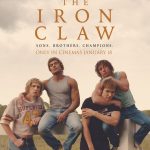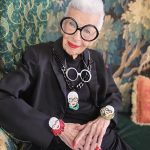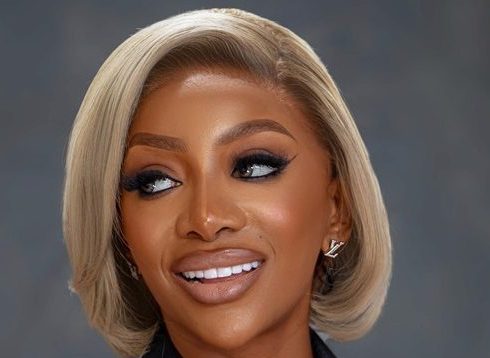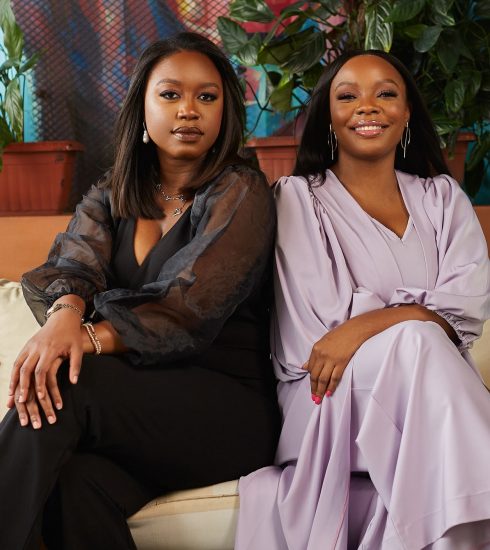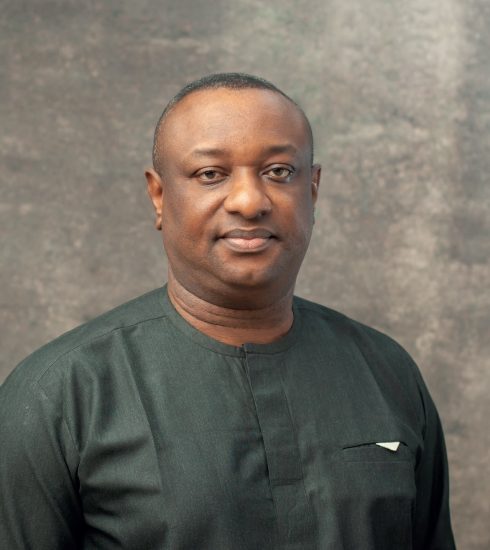Flawsome’s Leading Ladies: A Candid Conversation With The Stars Of The Hit Drama Series
It’s important to understand the significance of International Women’s Day, an occasion that is rapidly approaching and has global resonance. This day, marked on the 8th of March annually, is not just a time for celebration but also for thoughtful reflection on the struggles and achievements of women all around the world. This year’s theme, “Inspire Inclusion,” strikes a deep chord as it promotes women’s participation and acknowledgement in all aspects of life. It serves as a call to action for dismantling obstacles, valuing diversity, and creating an atmosphere where each woman’s voice is heard and honoured. This theme captures the spirit of the ongoing struggle for a more inclusive society in a world striving for equality.
Amid the excitement surrounding International Women’s Day, our spotlight turns to the incredible women who star in the Showmax drama series Flawsome. The main actors, Bisola Aiyeola, Sharon Ooja, Ini Dima-Okojie, and Enado Odigie, have forged their routes in the complex Nigerian film industry. Not only have these gifted ladies elevated the drama, but they have also come to represent achievement and resilience. The journey of Bisola, who sparked interest in acting after her outstanding performance in the Big Brother Naija house, Sharon, who unexpectedly dabbled in acting during a photo shoot, and Ini Dima-Okojie, who went from investment banker to an acclaimed actress—all serve as examples of the perseverance of women who follow their passions. With her career as an actress, model, and businesswoman, Enado Odigie exemplifies the diversity of skills that women in the entertainment industry can possess.
In this interview with THEWILL DOWNTOWN’s Dorcas Akintoye, our cover personalities speak about their journeys, obstacles they have overcome, and the growth they’ve experienced since the beginning of their careers. They also discuss thoughts on International Women’s Day and its theme, “Inspire Inclusion.”
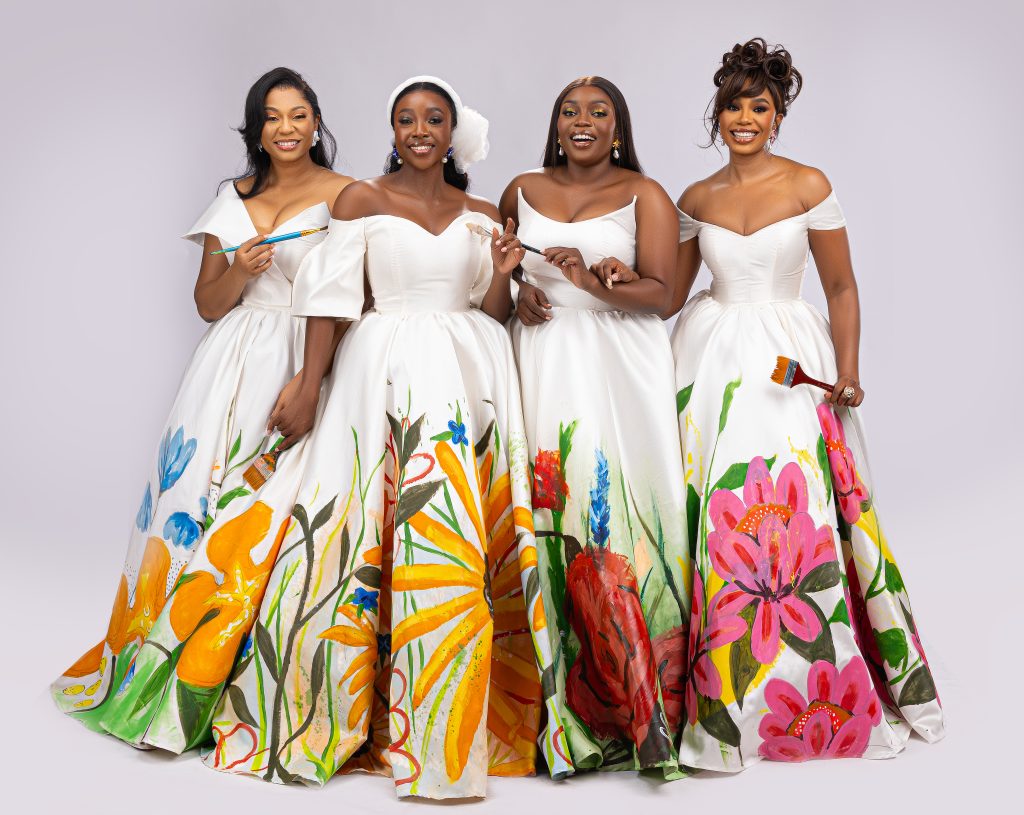
Bisola Aiyeola
Throughout your acting career, you’ve worn many hats. Can you share a moment or role that challenged you the most and brought out a new facet of your talent?
So I’d say two of them. There’s one I remember vividly playing: A lady who couldn’t speak. She was mute due to certain experiences in her life, that was in the movie Ovi’s Voice. Eventually, she did find her voice. I am usually talkative naturally, but on that project, I had to be quiet for a very long time and had to use more of my facial expressions to relay my messages. That was a part of me that I didn’t know existed, you know, being quiet and being able to express oneself and having the people watch, believe your expressions, so there’s that.
Then there’s also being the host of Family Feud Nigeria, the first female African host ever on the franchise. That was a bit challenging in the sense that I had to take on a new role of being host, being spontaneous, being able to engage the families and hold the crowd in, and at the same time, making the show really interesting. So those two, I’d say, brought out a new facet of my talents.
Flawsome presented Ifeyinwa’s challenges in Season 1 where she found out that she wasn’t her father’s chosen successor after his demise. Can you tease some unexpected twists or turns viewers can expect from her character in Season 2?
For Flawsome Season 2, I would like everyone to watch it first; I don’t want to let anything out of the bag. But from the few episodes that are out already, we can see that Ifeyinwa has her battles she is fighting. We also see that she’s not backing down from her fight with Timmy. She’s not giving him any time or chance at all. I’ll just keep it short and say, hopefully, fingers crossed, there’s light at the end of the tunnel for Ifeyinwa.
Portraying Ifeyinwa in Flawsome, you tackled a character with significant challenges. Can you share the emotional and mental aspects you delved into to bring authenticity to Ifeyinwa, and how did you navigate the complexities of her storyline?
Thankfully, as an actor, and I think for all actors, many of us have been able to draw the line to know where fiction and reality meet. There’s a huge line, and they shouldn’t cross each other. Ifeyinwa dealt with a lot, but she did seek help eventually. In bringing authenticity, you become the character at that point in time. Thankfully, she’s fictional, and I try not to bring those fictional characters into my personal life. Bisola is different from Ifeyinwa. The way Bisola would handle her challenges is different from the way Ifeyinwa would handle her challenges. So I try not to let them cross or spill into each other, and I think it’s over time and experience that has taught me to be able to do that. So I try as much as possible to let Ifeyinwa be on set and Bisola be in the real world.
In advocating for women’s confidence and beauty, how do you think entertainment can play a role in reshaping societal standards and promoting self-love?
It can’t be sung enough, it can’t be said enough, the entertainment industry can portray all women – colour, shape, age, women with all kinds of special abilities, from different walks of life, we can portray them more. So it’s all about inclusivity, portraying them in whatever fictional creation that is going on, that is being watched by a certain woman from a certain walk of life would make her feel like ‘oh there’s somebody like me out there who exudes confidence’. So I think the entertainment industry can just touch on all shapes, sizes, looks and showcase all of them to know that they’re all included, and people on the outside who get to watch and see these women love themselves would also pick a thing or two to love themselves just the way they are.
As we celebrate International Women’s Day under the theme “INSPIRE INCLUSION,” what steps do you believe the industry should take to ensure more diverse and empowering roles for women?
We have to be deliberate. You see how you may have watched a movie from maybe 20 years ago, and they portray what the future is going to be like – how people would act in the future, the types of cars that will be driven; I think that’s the same thing we should do. We should start portraying women in diverse and empowering roles now so that in the future, that’s what it becomes because you become what you see and hear, and it being in your face constantly is what makes it a reality. So to inspire inclusion, I think the industry should just take more steps to give women more empowering roles. Women are beautiful, amazing managers, I don’t think there’s any industry that a woman’s input has not been important, but in some cases, you know, they’ve always been the minority, but inclusion would really help, and I believe the entertainment industry has more inclusivity in all spheres, from directing to being an ED, sound to acting, if there’s more that we see and it’s a bit more diversified, I think the sky is the starting point.
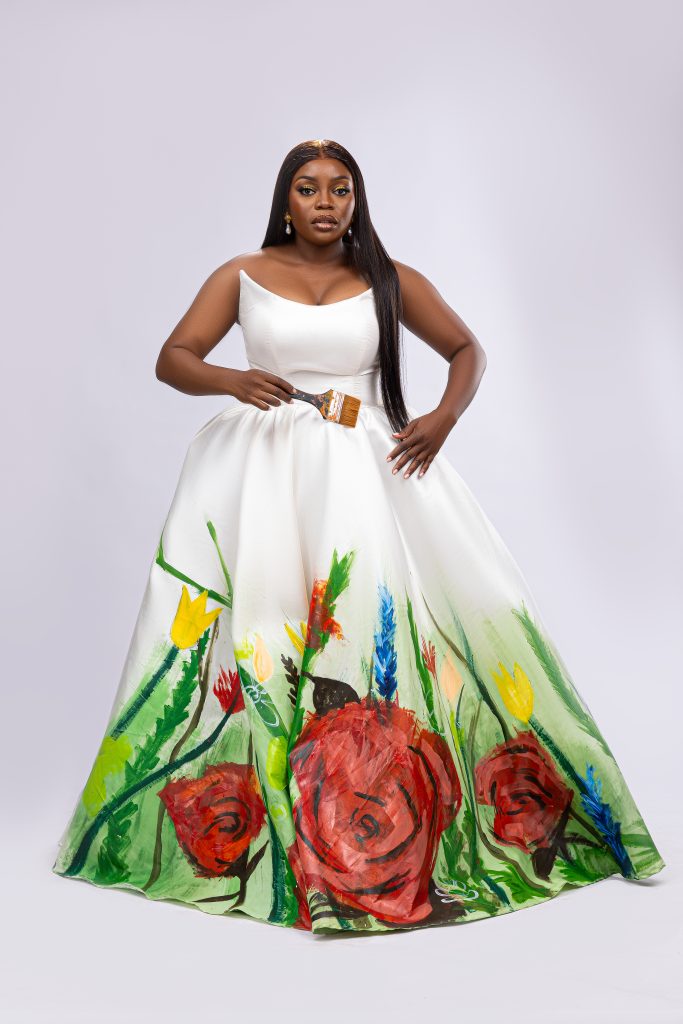
Ini Dima-Okojie
Transitioning from finance to acting is quite a leap. Can you share a specific role or moment that affirmed your decision to pursue a career in the entertainment industry?
Quitting my job as an investment banker and enrolling in New York Film Academy really set the tone for my career in the film industry.
I remember one of the first classes we took was an ‘Acting for Film’ class. It really piqued my interest, and I totally fell in love with acting during my time at film school. I knew then that that was what I wanted to do with my life. The only question was, “how do I start?” (laughs).
Your character in Flawsome, Ramat, faced challenges in Season 1. Can you provide a glimpse into Ramat’s storyline in Season 2 and the growth she undergoes?
My character in Flawsome (Ramat) has a lot of layers. She was confident, passionate and fearless, but she also had a bit of a traumatic past that plagued her. And we see that really play out in season 1.
In the second season, we get to see another side of Ramat. We really understand what her values are, what matters to her and how much she is willing to fight to make her marriage work.
In the context of Ramat’s character, what discussions or insights do you hope the audience takes away regarding the complexities of relationships and the societal expectations placed on women?
The series touches on really important themes, and with Ramat’s character, one of the themes it touches on is the institution of marriage, which is really sacred but not void of its challenges.
With Ramat’s situation, we see the good, the bad and the ugly when it comes to her marriage with Uduak. They face real-life challenges that could really rock the foundation of any relationship. But we also see her fight tooth and nail to save her marriage, and I think that will bring up very important conversations that need to be had. I recently got married myself, so there is a lot for me to take away from it.
As a New York Film Academy alumni, how does your training influence your approach to characters, and how do you embrace the challenges of portraying diverse roles?
Oh going to film school really shaped the way I approach preparing for a character. It gave me a technical yet fluid approach to preparing for a role. I’m able to go through a number of steps that allow me to understand the ins and outs of the character, and this has really helped me in taking on challenging roles
In the context of International Women’s Day, how do you think filmmakers can challenge stereotypes and contribute to a more inclusive portrayal of women in cinema?
I think there needs to be more versatility when it comes to the female characters we are bringing to life.
There isn’t just one type of woman; we come in all shapes, forms, sizes, and works of life. We are so diverse and multi-layered; it would be nice to see stories that capture that.
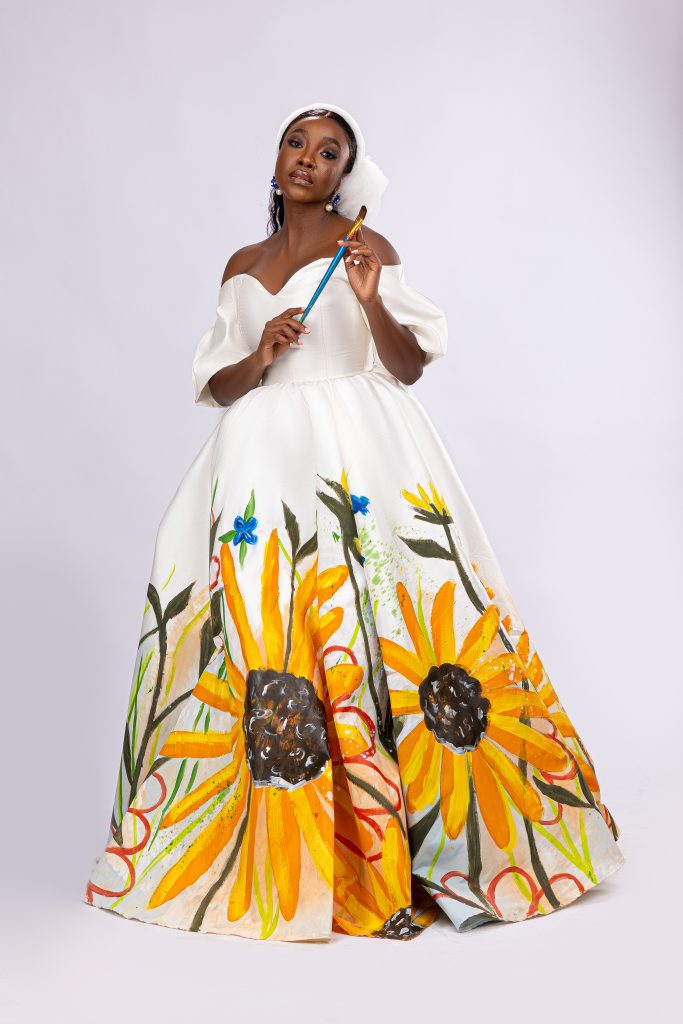
Sharon Ooja
Can you recall a specific moment or project that made you realise acting was your true calling?
I think my work in Oloture was one of my first moments when I realised that you have to immerse yourself in a project. As an actor, you have to always immerse yourself; you put yourself in the position of the character, but that character was so daunting from the first moment we started filming, and it made me realise that this is what I’m here to do because I immersed myself in it.
Your character Shalewa in Skinny Girl in Transit gained immense popularity. How has this impacted your career, and how do you choose diverse roles to challenge yourself?
My role, Shalewa, was my first proper acting gig, and the beauty about acting is that you’re told not to act but flow. So as much as I had no training or acting experience, I knew that worked for the character because she was supposed to be extremely lackadaisical and easy-going. If you look at the trajectory of that character and how she has grown, you’ll see she’s actually grown with me in my career as a person and my performance. So it has impacted my career in so many ways because there’s a whole bunch of people, even in the diaspora, who have become my fans and who love me all because of that one character.
In terms of choosing diverse roles, as you grow as an actor, you realise what challenges you as you move, as well as what will give you fulfilment. Acting is beyond just playing a role; it’s about telling someone else’s story, and when you read a script, you ask yourself, “How much of this person’s story am I willing to tell? How well do I want people to connect with this role?” That’s where I am in my career now. I read scripts, and I understand why a character has to do what they have to do. There are some scenes you read and ask yourself, “Is this necessary? is this not necessary?” So that’s how I’m able to pick what helps me diversify my character because I ask myself how much of this am I willing to impact myself in because, like I said, each character impacts you as a person.
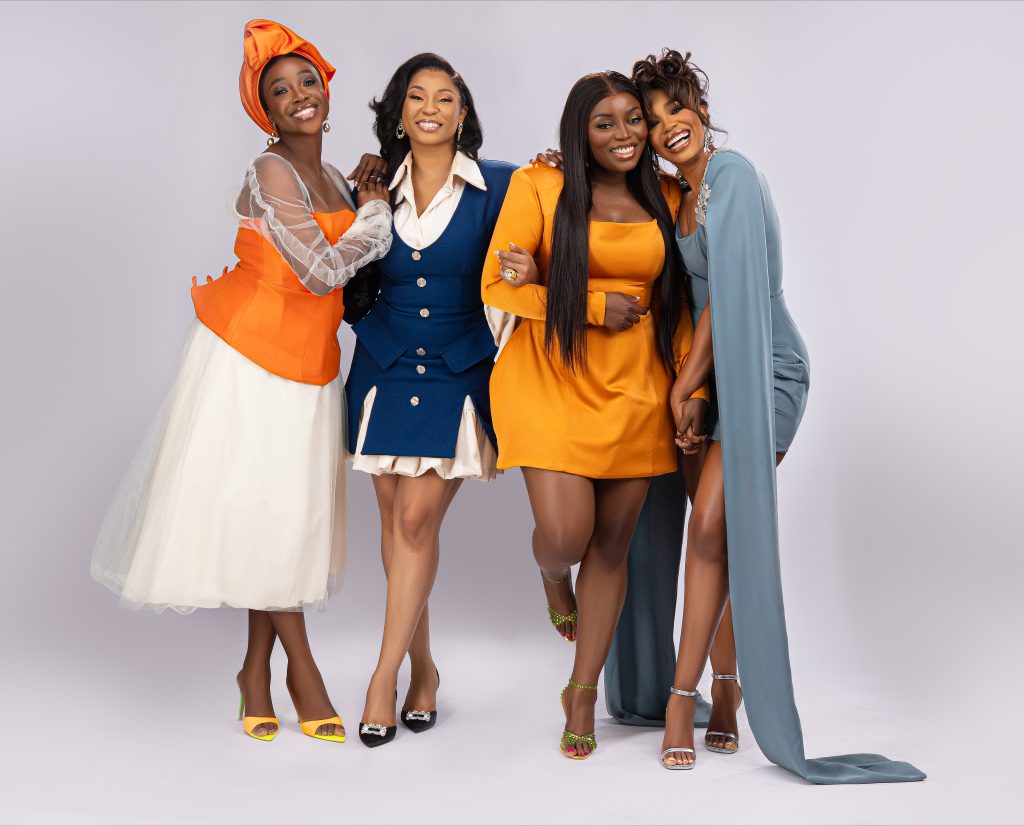
Flawsome showcases Ivie’s breakthrough in fashion. Can you hint at the excitement or challenges Ivie faces in Season 2, leaving viewers eager for more?
Ivie’s character is one I feel every girl can relate to because every girl at some point has been an Ivie, where she is trying to figure out what to do with her life and going through emotional stuff that is affecting her work. Ivie’s breakthrough in fashion is a very beautiful one because it just shows you that if you put your heart into anything and you keep building at it, you’ll get better.
So, in season 2, you’ll see Ivie actually putting so much effort into her growth and making a way through the fashion industry while dealing with a lot of issues with social media, which I feel a lot of people can relate to in real life. So there’s so much that comes with Ivie this season, and I want everybody to hang on to her.
How do you think Ivie’s character resonates with aspiring individuals in similar fields, talking about how she struggled to finally get her breakthrough in the fashion industry?
One thing I noticed happening with Ivie in the fashion industry was that she dealt with the typical issue of having a boss who is threatened by your strengths. When you’re in a work space, everybody knows your strengths, and if you remember, in season one, her boss was so taken by how well she did with her sketches and designs, and I feel like this is one thing that every fashion designer, especially when they’re growing, faces. They face issues with struggling to break out of the environment that has helped them. There is this imposter syndrome that comes with breaking out where you’re asking yourself, “What am I doing here? Do I belong here?” especially when growth comes from a very hostile environment like the one Ivie had.
I feel like one thing I love about her character is that it made people realise that there’s a light at the end of the tunnel. Ivie really wept last season; she really went through it, and this season, she’s broken out of her boss, and she’s doing very well by herself.
Regarding International Women’s Day, how do you believe your influence in the industry can inspire inclusion and diversity?
I’m the queen of love and light, so I’ll speak for myself and the energy that I bring. I’m a firm believer in love, and I will say one thing I strongly believe and stand firm on is that everywhere you go, you should ask yourself what you want to be remembered for. Yes, I’m an actor, and yes, I’m popular, but I always tell myself I want to make a change. So I will always use my voice to speak positivity and love and to show that there are women out there who are gorgeous, doing well, love God and will always set a fantastic example.
I’m one of the firm believers that women should work hard and make a beautiful name for themselves with the voices they have. So, I would stand on the fact that my influence will always be positive as a strong, gorgeous woman in the industry. I believe there are people who look up to me, and by proxy of just being around me will be touched by my life and character. So, Happy International Women’s Day to everyone reading this, and know that I’m wishing you love and light.
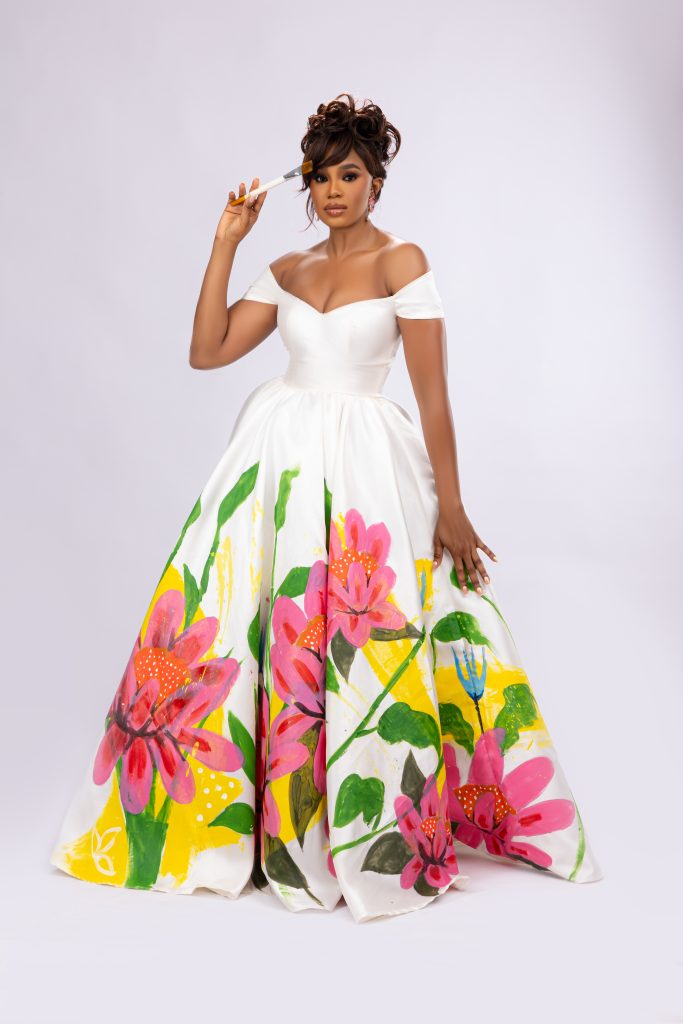
Enado Odigie
How do you bring authenticity to your works as an actress?
It’s different things. Like a script, your director has an important role to play in how you bring your character to life because you can be on a great production, and if the directing is shabby, it might affect the end product. However, I think that for me, being an empathetic person already naturally makes it easy for me to connect with people and their experiences. So, when you are reading the script, you see the characters not just as characters on a page. They come to life, and depending on how well the story is written and being told, the image in your mind means that you connect with this person and the minute you can connect with their experiences, you can embody their feelings and own their feelings and thus you can bring them to life. So it’s a combination of things: The environment in which you are in, the way the story is written, the directing. All these things help influence the way you can connect with the story, with the characters’ experience from moment to moment, scene to scene, and that’s just what brings it to life.
What are the two main things you would address in this season?
I think the two main things that I can address without giving much away this season are that Dolapo has learned from her mistakes from season 1, and she’s trying to do better and make better career choices. However, she is still in a male-dominated industry and a very male-dominated world. So, she still has to combat those dynamics in bringing her job to life. She still has to deal with rivalry; she still has to deal with males, expecting that because she is a female, she should be less. She is not entitled. Masculinity is trying to intimidate her, as we have seen in a scene or two and she has to be strong and stand up for herself and say, “No, you are not just going to treat me right because I am a woman; you are going to treat me great because I’m great at what I do.” These are things that translate in real life. I am entitled to certain rights because I am a human, not just because you are male and I am female. I am not entitled to what you choose to give me; I am entitled to what I have earned, and I have earned my stay, my space, and I would bask in the glory of everything that I have worked for, and you do not choose for me. You don’t determine what I am. I am the chief orchestrator of my story. I own the script of my life, and I determine how it’s going to go.
Playing Dolapo, what conversation of things do you believe her character opens up about women’s empowerment and the resilience required to overcome career obstacles?
In a male-dominated industry and society, for a woman to thrive, she is going to have to work hard. She is going to have to be very confident, very daring. She is going to need to aspire to be more and then do the work. So when you put in the work, it is okay for you to make certain demands, “I will not be treated this way, I will stand up for myself, I will ensure that I do everything in my power to become a force to be reckoned with and I become that force.”
I will make sure that you will not belittle me with toxic masculinity. I am here to occupy space; I know who I am, and I am going to take up that space whether you are comfortable about it or not. I am not asking for your permission; I am stating that this is who I am, I am here to stay, I came, I saw, I am conquering, and I will continue to conquer. While I do so, I will lift others; I will take up other women with me because I will not go alone, just like the saying, we rise by lifting others, and so she’s not just a force for herself, she’s a force for others as well, making her impact in not just her industry but in her society.
How do you see the entertainment industry evolving to better support and represent women of all backgrounds?
I believe that everyone has a place in this world and is equally as important as the next person. We all have a value we bring, and if we are bringing it to the subject of gender, there are more women than men in the world. It only makes sense that there are many women representing, if not for anything, the course, the needs, the requirements of the female gender. I have always been inspired by women both in history and even in storytelling who have strived, who have conquered, and who can inspire women of whatever age. I know I have been inspired by women like Oprah Winfrey, Funke Akindele, Mo Abudu, Kemi Adetiba, my mother, my older sisters and all the inspiring women in this world. They have all inspired me because these are all firebrand women who are thriving, making changes and making an impact in the world. I want to tell those types of stories, and I want to be a part of that movement that inspires young women like me.
One of the things I like so much about Dolapo is that young women who approach me today want to be like her. They approach me and say, “There’s something about Dolapo; she is the type of woman I want to become.” She opens the eyes of those coming behind us, opens their eyes to the possibilities of all that they can be. To the girl child, that she can be more than what society has told her that she can be.
If you have been raised in an environment where they have said, all that you can do is all that we are willing to teach you or all that we can tell you, you can be. My society and my upbringing have shown me that I can be so much more, I could do so much more, and I can have so much impact on this world than just pass through like I was never here.
So, I think that acting is one of those phenomenal ways. Film and media are the phenomenal ways and most impactful ways to create these types of influence and inspiration.
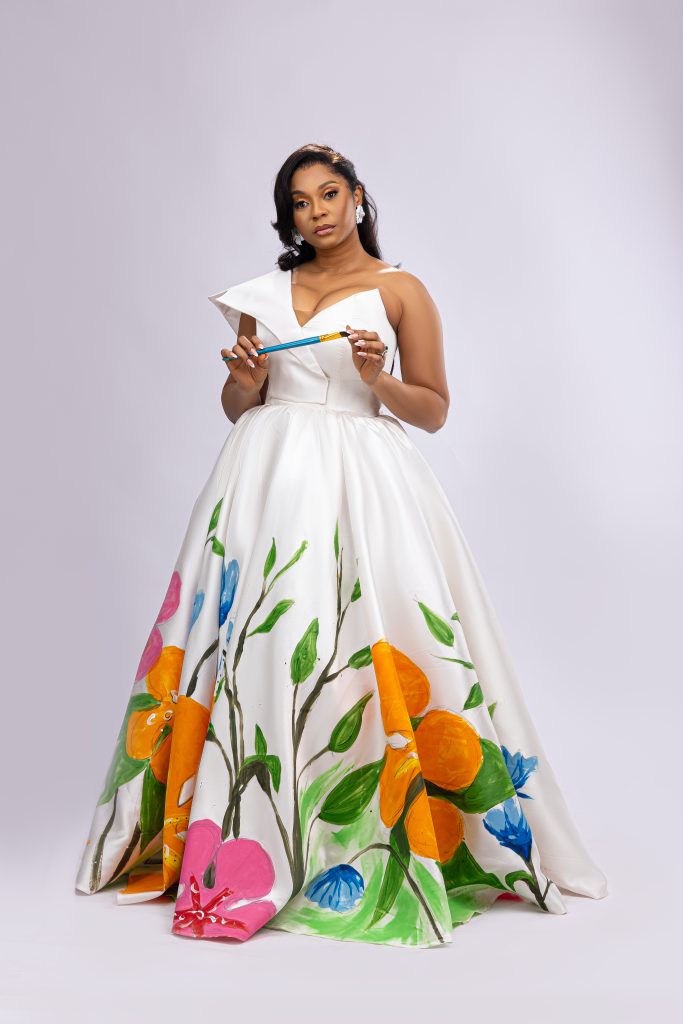
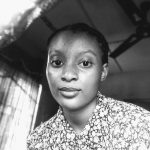
Dorcas Akintoye is a versatile writer with a passion for beauty, fashion, relationships, and culinary delight. With a keen eye for detail and a passion for storytelling, she adds a touch of elegance to every topic she explores. She is a writer at THEWILL DOWNTOWN.


